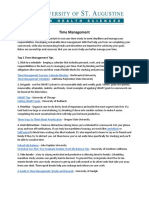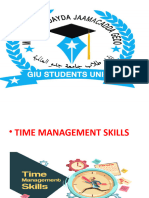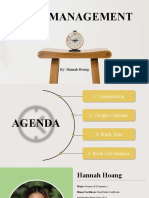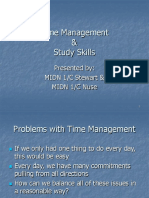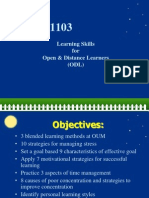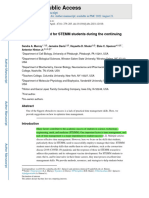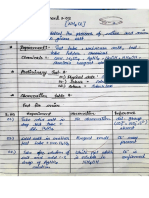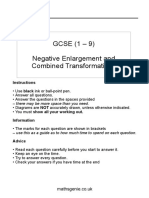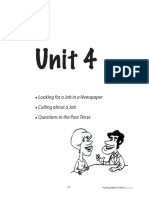0% found this document useful (0 votes)
36 views7 pagesMastering Time Management
This guide provides research-based strategies for effective time management and study techniques to enhance academic success. It covers goal setting, scheduling, productivity enhancement, memory improvement, and overcoming procrastination, while emphasizing the importance of balancing academic life with wellbeing. Additionally, it includes tools and resources for further support in mastering these skills.
Uploaded by
vox cyberCopyright
© © All Rights Reserved
We take content rights seriously. If you suspect this is your content, claim it here.
Available Formats
Download as PDF, TXT or read online on Scribd
0% found this document useful (0 votes)
36 views7 pagesMastering Time Management
This guide provides research-based strategies for effective time management and study techniques to enhance academic success. It covers goal setting, scheduling, productivity enhancement, memory improvement, and overcoming procrastination, while emphasizing the importance of balancing academic life with wellbeing. Additionally, it includes tools and resources for further support in mastering these skills.
Uploaded by
vox cyberCopyright
© © All Rights Reserved
We take content rights seriously. If you suspect this is your content, claim it here.
Available Formats
Download as PDF, TXT or read online on Scribd
/ 7


